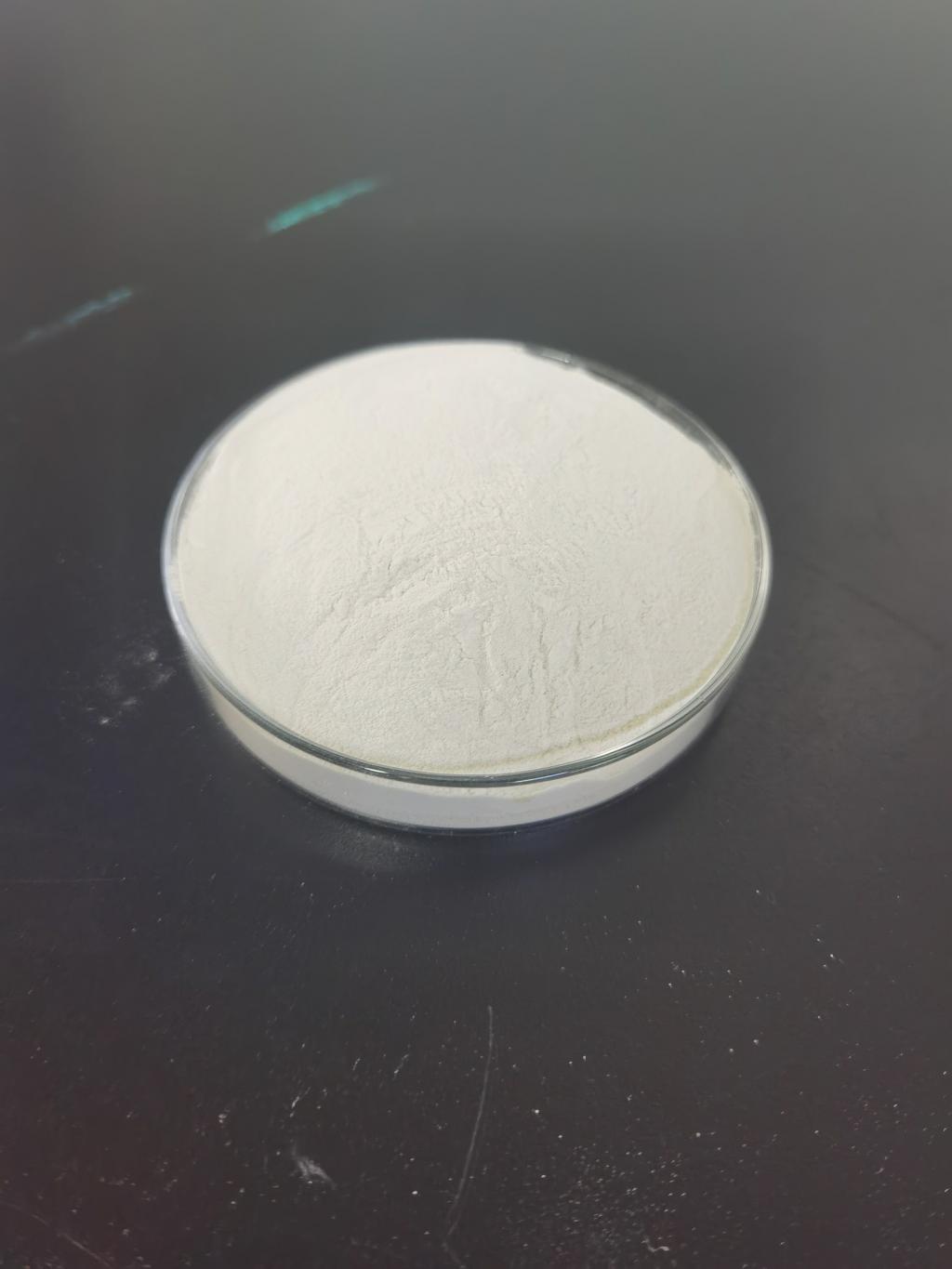Tel:+8618231198596

News
 CONTACT
CONTACT
 CONTACT
CONTACT
- Linkman:Linda Yao
- Tel: +8618231198596
- Email:linda.yao@dcpharma.cn
- Linkman:CHARLES.WANG
- Department:Overseas
- Tel: 0086 0311-85537378 0086 0311-85539701
News
Current Position:
Home >
News
>Nisin's Integration into School Nutrition Programs: A Healthier Future for Students
Nisin's Integration into School Nutrition Programs: A Healthier Future for Students
TIME:2024-02-29
I. Understanding Nisin:
Nisin is a peptide produced by Lactococcus lactis, a bacteria commonly found in dairy products. It has been used as a natural preservative in food for decades due to its antimicrobial properties. Nisin inhibits the growth of harmful bacteria, including those responsible for foodborne illnesses. Moreover, recent research suggests that Nisin may offer additional health benefits, such as immune system modulation and anti-inflammatory effects.
II. The Current State of School Nutrition:
Before delving into the integration of Nisin, it is crucial to assess the current state of school nutrition programs. Many school meals often lack essential nutrients, and the prevalence of processed foods contributes to an imbalance in the nutritional quality of students' diets. Childhood obesity and related health issues have become pressing concerns, underscoring the need for proactive measures to enhance the nutritional content of school meals.
III. Nisin's Potential Health Benefits for Students:
Antimicrobial Properties: Nisin's ability to inhibit the growth of harmful bacteria in food can contribute to safer and healthier meals for students. This may reduce the risk of foodborne illnesses and enhance overall food safety in school cafeterias.
Immune System Modulation: Research suggests that Nisin may have immune-modulating effects, potentially helping students build a robust immune system. As schools are environments where illnesses can easily spread, supporting students' immune health becomes paramount.
Anti-Inflammatory Effects: Chronic inflammation has been linked to various health issues, including obesity and cardiovascular diseases. Nisin's anti-inflammatory properties may play a role in promoting long-term health and well-being among students.
IV. Challenges and Considerations:
Despite the potential benefits, the integration of Nisin into school nutrition programs comes with challenges and considerations. Safety assessments, regulatory approvals, and addressing potential allergic reactions are crucial steps in ensuring the responsible incorporation of Nisin into school meals.
V. Successful Case Studies:
Highlighting successful case studies where schools have successfully integrated Nisin into their nutrition programs can provide practical insights. These case studies may include improvements in food safety, positive health outcomes, and student acceptance of Nisin-enhanced meals.
VI. Collaborations and Partnerships:
Building collaborations and partnerships between schools, nutrition experts, and food manufacturers is essential for the successful implementation of Nisin into school nutrition programs. Engaging stakeholders in the food industry can facilitate the development of Nisin-enriched food products that are appealing to students.
VII. Education and Communication:
Educating school staff, parents, and students about the benefits of Nisin and its role in promoting a healthier diet is crucial for acceptance and success. Clear communication regarding the safety and positive impact of Nisin can foster trust and support for its integration into school meals.
VIII. Future Implications:
Looking forward, the integration of Nisin into school nutrition programs can set a precedent for the inclusion of other innovative and health-promoting ingredients. This proactive approach can contribute to a shift in the broader food industry towards more nutritious and sustainable practices.
Conclusion:
Incorporating Nisin into school nutrition programs holds the promise of creating a healthier future for students. By harnessing its antimicrobial properties and potential health benefits, schools can not only improve food safety but also contribute to the overall well-being of students. However, careful consideration of safety, collaboration with stakeholders, and effective communication are essential for the successful integration of Nisin into school meals. As schools take on the responsibility of nurturing the next generation, embracing innovative and health-promoting ingredients becomes a crucial step towards building a foundation for a healthier and more resilient society.
- Tel:+8618231198596
- Whatsapp:18231198596
- Chat With Skype







